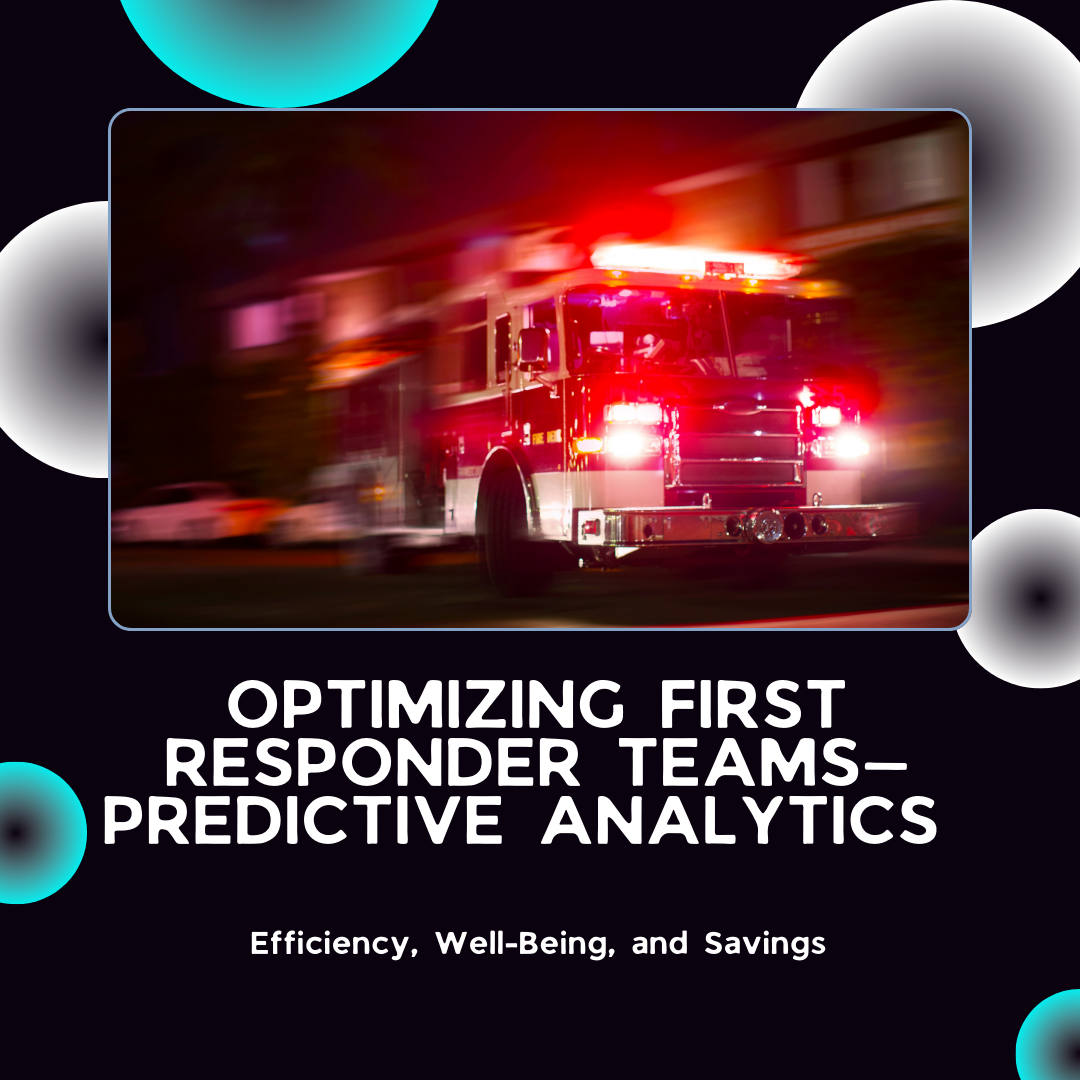Optimizing First Responder Teams with Predictive Analytics: Efficiency, Well-Being, and Savings
The demands placed on public safety agencies are greater than ever. With increasing calls for service, the unpredictability of emergencies, and the growing threat of extreme weather events fueled by climate change, managing first responder teams effectively has become a complex challenge. Enter SmartProtect, a revolutionary workforce management solution leveraging predictive analytics to ensure optimum performance, better resource allocation, and significant cost savings for public safety agencies.
The Need for Predictive Analytics in Public Safety
First responders—whether in law enforcement, fire departments, EMS agencies, or 911 centers—are the backbone of community safety. However, staffing shortages, overworked teams, and inefficient resource deployment can severely impact their ability to serve effectively. Predictive analytics offers a proactive approach, empowering agencies to forecast needs, optimize operations, and support their workforce.
How SmartProtect Transforms First Responder Management
SmartProtect’s predictive analytics platform goes beyond traditional scheduling tools. Here’s how it revolutionizes workforce management:
1. Accurate Demand Forecasting
Emergencies don’t follow a set schedule, but patterns can be analyzed. SmartProtect uses historical data, weather conditions, and real-time inputs to predict peak demand periods. This ensures agencies can:
Deploy adequate staff during high-demand times.
Reduce overtime costs by aligning staffing levels with anticipated workloads.
2. Optimized Resource Allocation
SmartProtect’s data-driven insights identify high-risk areas and prioritize resource deployment. By ensuring first responders are in the right place at the right time, agencies can:
Reduce response times.
Maximize the efficiency of their operations.
3. Preventing Burnout and Improving Morale
Overworking first responders leads to burnout, high turnover, and decreased job performance. SmartProtect creates balanced schedules that align with team members’ availability, preferences, and workload limits. The result?
Improved employee satisfaction.
Lower absenteeism and turnover rates.
4. Enhancing Operational Efficiency
Manual scheduling is not only time-consuming but also prone to errors. SmartProtect automates the process, freeing up administrative resources to focus on strategic initiatives.
The Financial Benefits of SmartProtect
Investing in SmartProtect’s predictive analytics doesn’t just improve operations—it saves money. Here’s how:
Reduced Overtime Costs
By forecasting demand and optimizing schedules, agencies can cut down on unnecessary overtime expenses. Agencies often spend millions annually on overtime—SmartProtect provides a clear path to significant savings.
Lower Turnover and Training Costs
Burnout and poor morale lead to high turnover, and recruiting and training new first responders are expensive. By fostering a healthier work environment, SmartProtect helps agencies retain experienced staff, saving on recruitment and training expenses.
Efficient Resource Utilization
With optimized resource allocation, agencies can reduce waste and direct their budgets toward areas that truly need investment, such as equipment upgrades or community programs.

